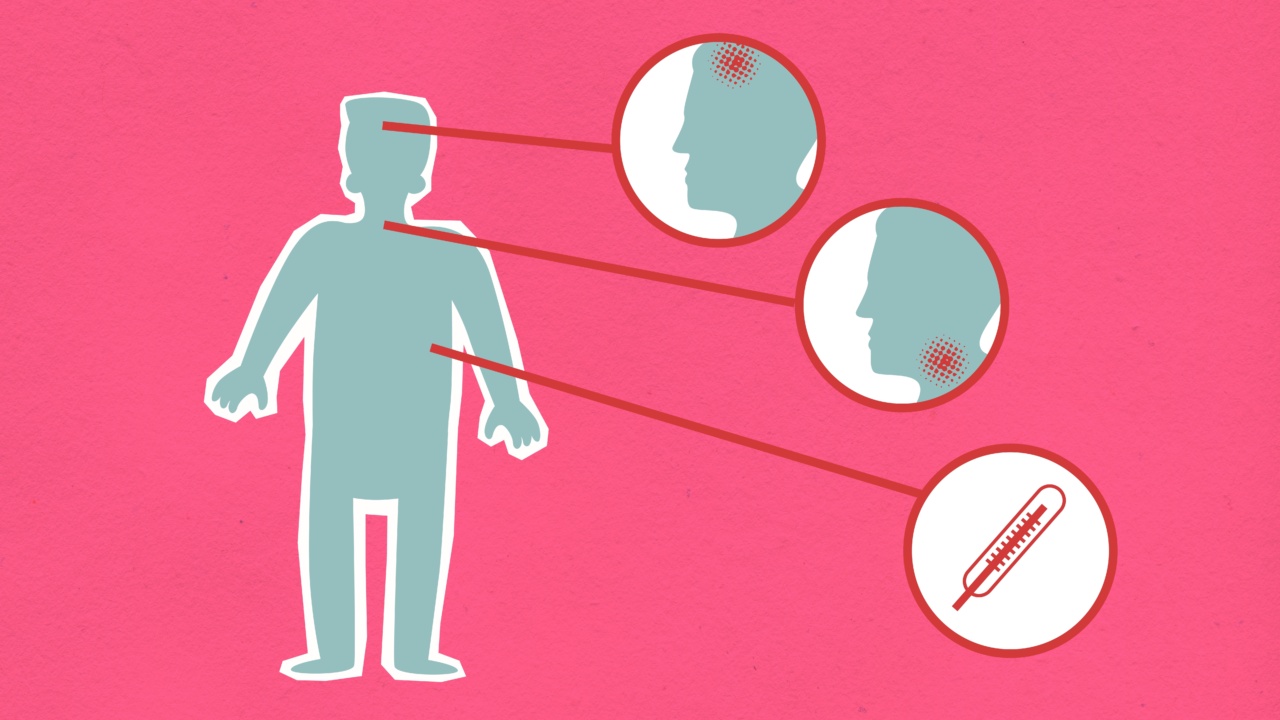Hypoglycemia is a medical term that refers to low blood sugar levels. It is a condition that can be caused by various factors such as diabetes, medications, malnutrition, and excessive alcohol consumption.
Hypoglycemia can be mild, moderate, or severe, and its symptoms may vary from person to person. In this article, we will discuss the 10 common symptoms that could indicate hypoglycemia.
1. Hunger
Hunger is one of the most common and earliest symptoms of hypoglycemia. When your blood sugar levels drop, your body thinks it needs more fuel, and it sends signals to your brain to eat something.
If you feel hungry shortly after eating or if you feel hungry even if you have had enough to eat, it could be a sign of hypoglycemia.
2. Fatigue
Fatigue is another common symptom of hypoglycemia. When your blood sugar levels drop, your body starts to conserve energy, which can make you feel tired and sluggish.
If you feel excessively tired or have a lack of energy, it could be a sign of hypoglycemia.
3. Dizziness
Dizziness is a common symptom of hypoglycemia, especially in people with diabetes. When your blood sugar levels drop, it can affect the blood flow to your brain, which can cause dizzy spells and lightheadedness.
If you feel dizzy or unsteady on your feet, it could be a sign of hypoglycemia.
4. Shakiness
Shakiness is a common symptom of hypoglycemia, especially in people with diabetes. When your blood sugar levels drop, it can cause your body to release stress hormones, which can make you feel shaky and jittery.
If you feel shaky or tremble, it could be a sign of hypoglycemia.
5. Sweating
Sweating is a common symptom of hypoglycemia, especially in people with diabetes. When your blood sugar levels drop, it can cause your body to release stress hormones, which can make you sweat.
If you break out in a sweat even when you are not physically active, it could be a sign of hypoglycemia.
6. Confusion
Confusion is a common symptom of severe hypoglycemia. When your blood sugar levels drop too low, it can affect your brain function, which can cause confusion, disorientation, and difficulty concentrating.
If you feel confused or have trouble thinking clearly, it could be a sign of hypoglycemia.
7. Numbness or tingling in the mouth or lips
Numbness or tingling in the mouth or lips is a common symptom of hypoglycemia. When your blood sugar levels drop, it can affect the nerves in your mouth and lips, which can cause a tingling or numbing sensation.
If you feel a strange sensation in your mouth or lips, it could be a sign of hypoglycemia.
8. Anxiety
Anxiety is a common symptom of hypoglycemia, especially in people with diabetes. When your blood sugar levels drop, it can cause your body to release stress hormones, which can make you feel anxious and irritable.
If you feel anxious or agitated, it could be a sign of hypoglycemia.
9. Blurred vision
Blurred vision is a common symptom of hypoglycemia, especially in people with diabetes. When your blood sugar levels drop, it can affect the blood flow to your eyes, which can cause blurred vision.
If your vision is blurry or you see double, it could be a sign of hypoglycemia.
10. Seizures or convulsions
Seizures or convulsions are rare but serious symptoms of severe hypoglycemia. When your blood sugar levels drop too low, it can affect your brain function, which can cause seizures or convulsions.
If you experience seizures or convulsions, seek medical attention immediately.




























